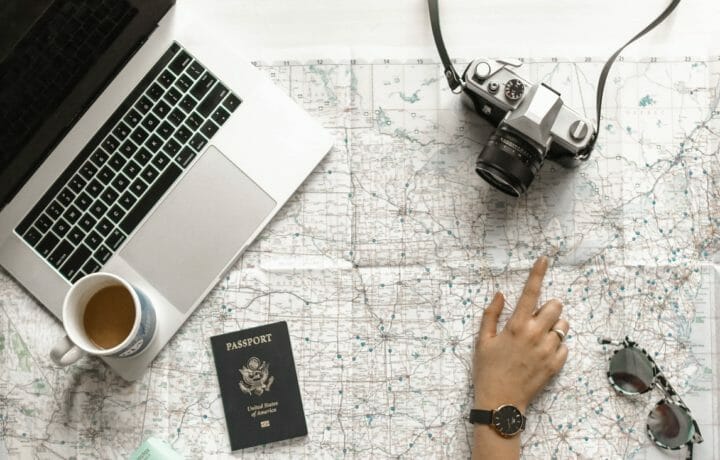Foreign influence and foreign preference are both adjudicative guidelines that can trip up security clearance applicants. A part of the confusion comes from changes in the past ten years to how Department of Defense security clearance holders should handle foreign passports and foreign citizenship. Country of origin is a factor in the security clearance eligibility process, but it all comes down to risk – and not a criticism or critique of an individual or group.
“It’s not supposed to be a commentary on the individual’s patriotism, or lack thereof. It’s really supposed to be are there external factors that create a security risk because of this person’s ties to a foreign country,” said Sean Bigley, security clearance attorney.
There are specific countries where one is required to exercise their country of origin passport. There are also instances where traveling on a foreign passport is easier due to VISA issues. Bigley notes that recent policy changes have made it easier for clearance holders to take advantage of the conveniences or necessities of using a foreign passport during overseas travel.
“As long as there’s a reason that you can articulate, it’s really not a big deal,” said Bigley.
Where foreign citizen can also trip up security clearance holders is around whether or not an individual has dual citizenship at all.
=”Not everyone who has dual citizenship has a foreign passport,” said Bigley. He noted some applicants falsely assume that simply because they destroyed a previous passport or rescinded citizenship, they no longer are a citizen of a foreign country – but that’s not necessarily the case.
Things that won’t automatically renounce your foreign citizenship:
- Shredding a foreign passport.
- Signing a form that says you renounce your foreign citizenship.
- Not taking advantage of benefits of foreign citizenship.
- Going to your local consulate or government office and renouncing your citizenship.
The best place to find answers is your foreign country of origin’s ministry of affairs – going to that country’s public website and finding what their rules are. What you don’t want to do for obvious counterintelligence reasons is to walk into a foreign consulate office or query a public contact and say ‘hey, I’m planning to work for the U.S. government and need to renounce my citizenship.’
The U.S. government severely needs individuals with foreign language experience, overseas experience, and cultural diversity. Unfortunately, the path to a security clearance can be more lengthy depending upon your country of origin, but don’t let it stop you from pursuing a cleared career.



